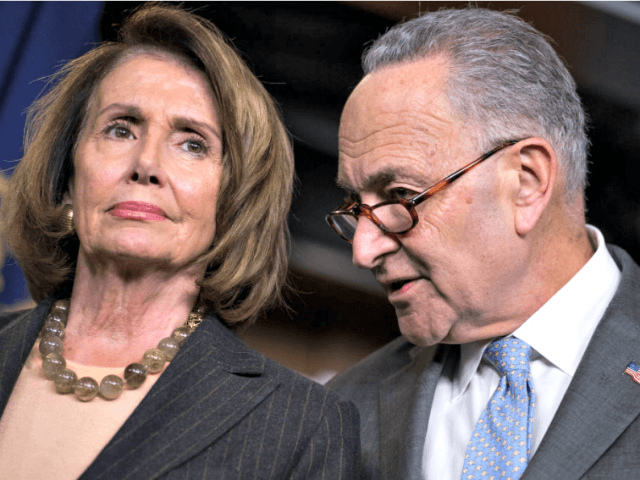The sharp gap between the reality of Republican tax proposals and the public’s beliefs about them is weighing down U.S. consumer sentiment.
The University of Michigan on Friday said its consumer sentiment index declined to 96.8 in early December, down from 98.5 in November and 100.7 in October. Economists had been expecting the number to rise to 99.
The index tracking current economic conditions rose to 115.9, up from 113.5 in November. But the index tracking expectations about the future unexpectedly declined, from 88.9 to 84.6.
Partisan beliefs about the tax reform proposals drove the decline in expectations, according to Richard Curtin, the survey’s chief economist.
“Importantly, the largest decline in long-term economic prospects was recorded among Democrats, which reflected their concerns about the impact of the proposed changes in taxes,” Curtin said.
The American public badly misunderstands the tax reform proposals. Surveys have shown that 40 percent of Americans think their taxes will increase, a sharp contrast with the nonpartisan Joint Committee on Taxation’s assessment that taxes will increase only for eight percent of taxpayers. Similarly, far more Americans will get a tax cut than surveys suggest.

COMMENTS
Please let us know if you're having issues with commenting.